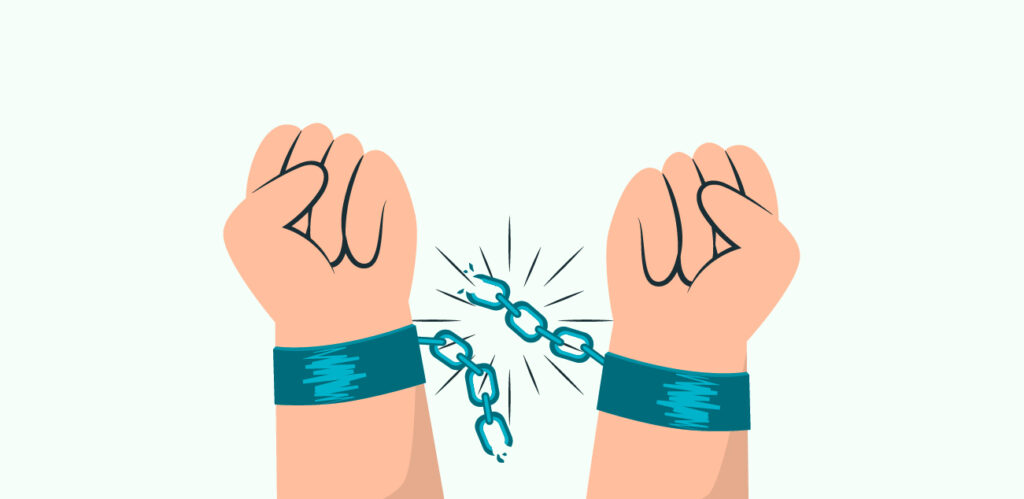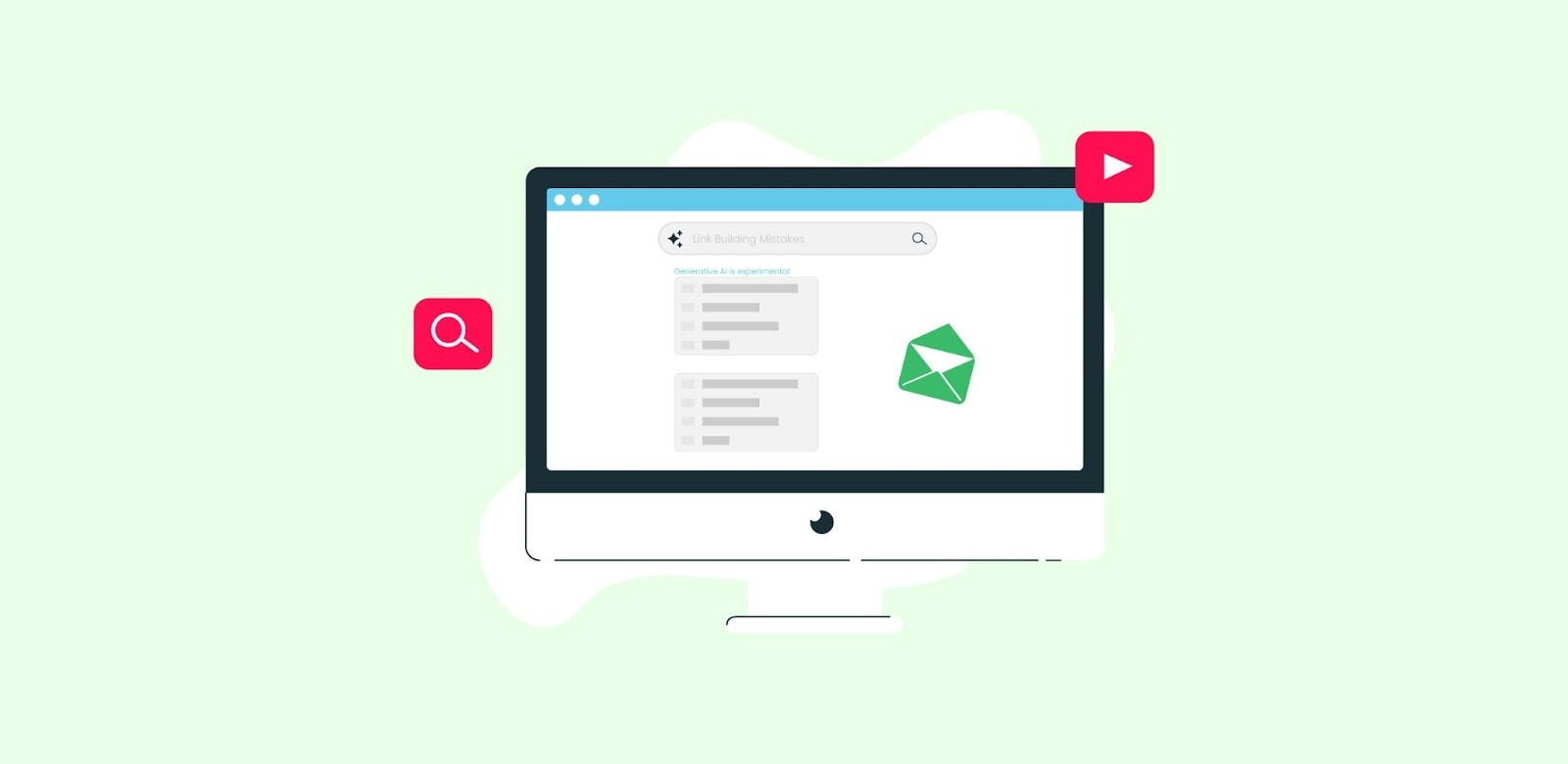Debunking the Common Myths in Link Building
Link building helps link webpages by obtaining hyperlinks from another website and applying those to your own website. It is an important factor in SEO marketing; one cannot survive if he is not familiar with this strategy. Since links are the soul of today’s business, this article will thoroughly help you to debunk common myths of link building. It is a win-win situation for SEO analysts and customers if we debunk those myths. For SEO, link building is enormously essential; it drives an accurate result for SEO by using very reliable strategies and giving output very fast. Link building also helped in raising website search engine techniques.
Here are some common myths about link building, which should be debunked in all ways so that people who have misconceptions about the virtues and blessings of link building would benefit from it. If one could avoid these myths, it would be safer for the site’s ranking.
Link building is going to be extinct in the future
There are zero chances of link building to become extinct for any reason. On the contrary, link building is getting more popular because it brings effective links to your website. If you have a website and links are coming from known and reputable websites that are relevant to your site content, then definitely link building is very productive for you.
There is no usage of No-Follow links
That’s definitely not true; no follow links are also a part of your link building process. It will let your profile look natural. Using too many followed links is not recommended by Google; it will push down your ranking if there are too many followed links.
Penalties on Link Building Activity
Most people think there are certain penalties for link building activity, which is so not true. Your link building activities must always be legitimate. Well, Google does penalize activities, but only those which are spam and create illegitimate links. Hence before link building, one should confirm that all links are original and they came from genuine sources.
Links are Permanent
Only death is permanent; other than this, all of the things are uncertain, and so are links. There are so many reasons which prove that links do not remain permanent. First, if links are not maintained on a daily basis, they count as outdated and useless. Second, maybe the site of the link shuts down without any official notice. The third could be that the site owner simply removed the link. There are no future guarantees that links will remain or not; it is an ongoing process.
Quantity v/s Quality
One of the most famous myths of all time about link building is quality is as important as quantity. No, it’s not true because quality is more important than quantity. Google doesn’t care about the number of links one has, but surely, it is concerned about the quality of your links. Google says one must have all the links coming from the relevant and authoritative site.
Link Building is the most Difficult Task
People who say link building is difficult must have very little knowledge of this art. PA (Page Authority) and DA (Domain Authority) seem to be a little complex, but there are always certain rules to follow, and it won’t be that tough if one gives a proper insight. If you are not willing to understand it properly, you should hire an expert to do it for you.
Links from the same Website are useless
It is a myth that using links from the same website repeatedly is a waste of energy and time. That is definitely not true, for example, someone owns a website that has content familiar to another website and wants to share a link of that website multiple times. Of course, getting links from different websites is highly recommended, and subsequent links may not be as useful, but still, they rank up your site.
Asking for Links is Shameful
Once again, it is a shady statement to say that this myth could affect your website oddly and may also push down your ranking. Asking for links is shameful only if you are greedy and want to gain more leads, not caring if those leads are relevant to your business. But asking any online directories or bloggers familiar with your business and content to link to your website is the correct way to go.
Link from Wikipedia-type sites Provide High Rankings
Most people believe getting links from sites of exceptionally high authority will provide their site good ranking, but that’s surely not true. Google ranks all sites according to the same set of rules. All one needs to do is stop believing on what rumors are and start working on link building by acquiring proper information.
Google Penalized on Reciprocal Links
Reciprocal links occur only when two different parties link each other on their sites. Spontaneous reciprocal linking is highly acceptable, and even it is practiced more often nowadays. It is considered an honor when someone links their content to your website, and you do the same as a good gesture when the content on both sites is significantly similar.
If you Build links very fast, Google will Penalize you
This myth is very popular, but it has no existential value. If fast link building is not spam, it will not let Google penalize you. The idea of the penalty is not on fast link building but on creating fast spam link building. For example, if someone creates a new website that goes viral and gets a huge number of links in an instant, these are considered natural and genuine links, which means that Google will not penalize for fast link building.
One must clear these myths and misconceptions to obtain good insights of link building tactics. It will not only help you rank your site but also guide you to the correct usage of link building for your business.









